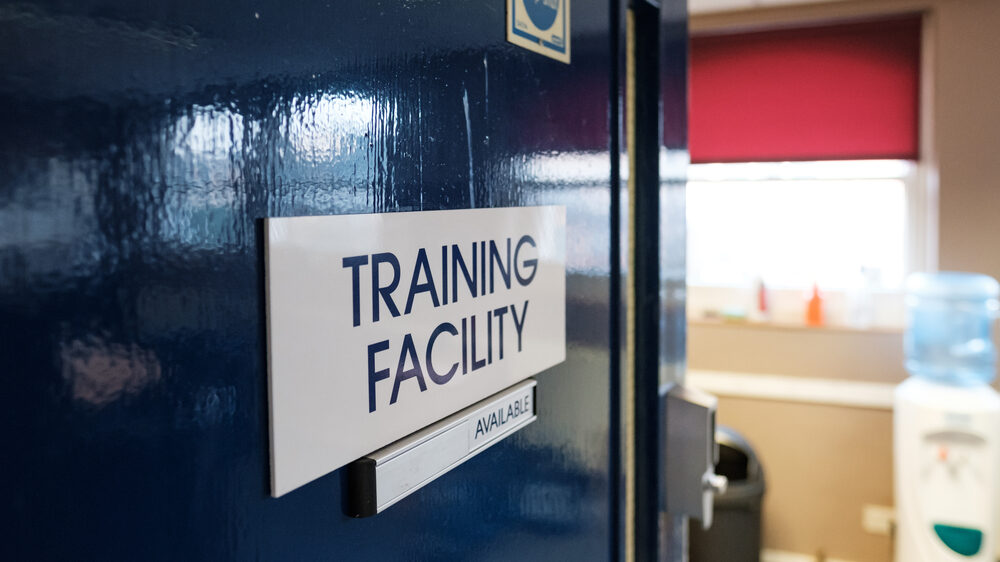ASFP prepares for resumption of face-to-face classroom training
- July 6, 2020
- 3:47 pm

Matt Head
Share this content
The Association for Specialist Fire Protection (ASFP) is preparing to resume face-to-face classroom training with several Autumn dates for the Level 2 and Level 3 Foundation Course in Passive Fire Protection in Dublin and a Level 2 Course in Passive Fire Protection commencing in Coventry on Wednesday 8 July.
With numbers restricted in order to comply with social distancing requirements, the July course is now fully booked, but the Association will shortly be announcing new Autumn dates in the UK.
On that note, the following courses are scheduled to take place at the Carlton Hotel (Dublin Airport) in the Autumn: Level 2 course (15, 22 and 29 September and 6 October), Level 3 course: 17 September, 1, 8, 20 and 27 October, 3 November and 25 February 2021).
The training courses are the first in the UK and Ireland to enable candidates to study to obtain a recognised qualification in passive fire protection. Individuals who undertake the training will have the opportunity to progress to Level 2 and Level 3 qualifications in Passive Fire Protection provided by the Institution of Fire Engineers, itself a nationally and internationally recognised awarding organisation regulated by the Office of Qualifications and Examinations Regulation (Ofqual).
The ASFP also offers an online Introduction to Passive Fire Protection course designed to equip new entrants to the sector with a basic knowledge of passive fire protection and its role in the overall fire strategy of a building.
Consisting of 13 short online videos, each of them around ten-to-15 minutes in length, the course is designed to provide a broad understanding of the subject of passive fire protection. Learners will gain knowledge of all types of passive fire protection systems. There are also modules on fire safety in buildings, human behaviour in fire, fire testing, contractor responsibilities and the role of active fire protection.
Successful completion of the e-Learning course will enable delegates to better understand the role of the various fire safety measures in the built environment, and particularly so passive fire protection. On completion of an online multiple-choice test, learners receive confirmation of completion and are awarded three hours of Continuing Professional Development.



